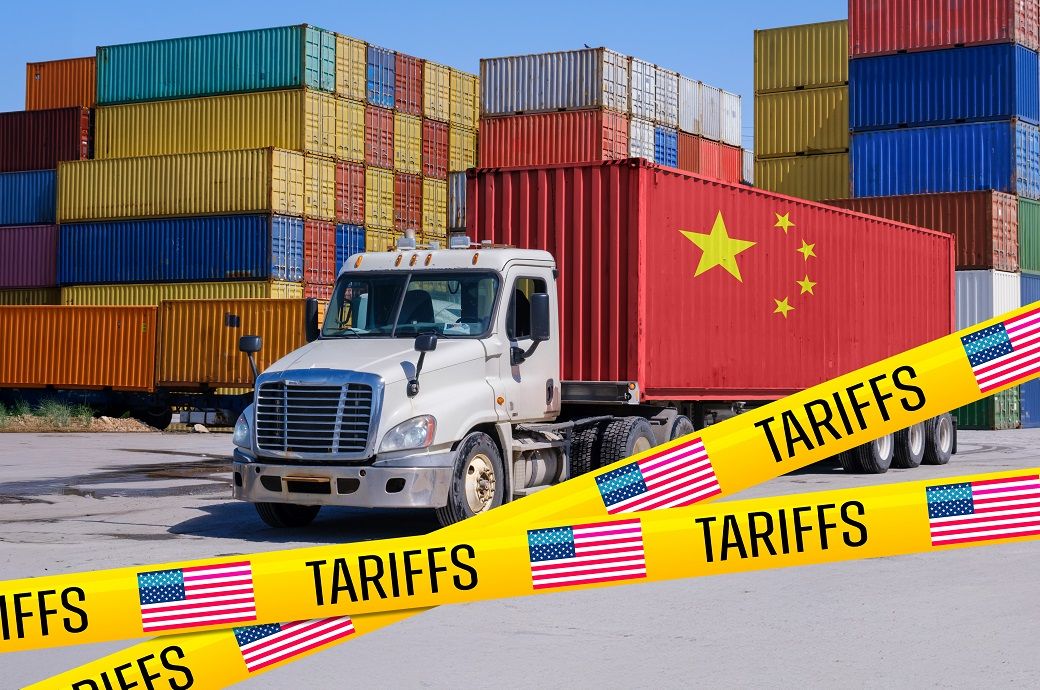The 104 per cent tariff imposed by the United States on Chinese imports, effective April 9, 2025, 12:01 AM ET (0401 GMT), encompasses a wide array of products, including chemicals. While the tariff applies broadly to Chinese imports, specific details regarding its application to individual chemical products have not been extensively detailed by US authorities.
Historically, US tariffs on Chinese chemical imports have led to unintended consequences. For instance, the American Chemistry Council (ACC) had reported that tariffs imposed since 2018 did not reduce chemical imports from China as intended. Instead, imports grew, highlighting the essential need of these chemicals in various US industries.
The 104 per cent US tariff on Chinese chemical imports is set to raise production costs, strain supply chains, and trigger inflation across sectors like pharmaceuticals and agriculture.
With limited alternatives, US firms would face delays, higher compliance costs, and reduced global competitiveness, while reshoring remains a long-term, costly solution.
The escalation to a 104 per cent tariff is likely to have significant implications for the chemical industry, potentially leading to increased costs for US manufacturers reliant on Chinese chemical inputs both upstream (raw materials) and downstream (manufacturing, pharmaceuticals, agriculture etc).
AlchemPro analyses the expected impact on the US chemical and allied industries:
- A 104 per cent tariff essentially doubles the cost of imports in US, making production more expensive for US manufacturers.
- Some chemicals sourced from China are not readily available elsewhere at the same price or volume. Switching suppliers (for eg, to India, EU, or domestic sources) could take months to years, depending on regulatory compliance (especially in pharmaceuticals and agrochemical sectors).
- The increased costs will be passed along to downstream industries like pharmaceuticals, electronics, automotive and agriculture. This could fuel domestic inflation, especially in essential goods like medicine and food.
- US chemical companies using costlier Chinese inputs may become less competitive globally. Foreign competitors (especially in countries not levying such tariffs) can offer similar products at lower prices.
- The tariff is designed to encourage reshoring (bringing production back to the US), but building new chemical plants takes years and heavy capital investment. Moreover, labour and environmental costs in the US are far higher than in China. Therefore, in the short term, the industry could face capacity constraints and potential bottlenecks.
- Tariff uncertainty creates hesitation in long-term investments. Investors may hold back on funding new facilities until policy direction becomes clearer.
- US firms may need to go through new sourcing approvals, especially in pharma and regulated chemical sectors. This adds to delays and increases the compliance costs.
ALCHEMPro News Desk (DL)
